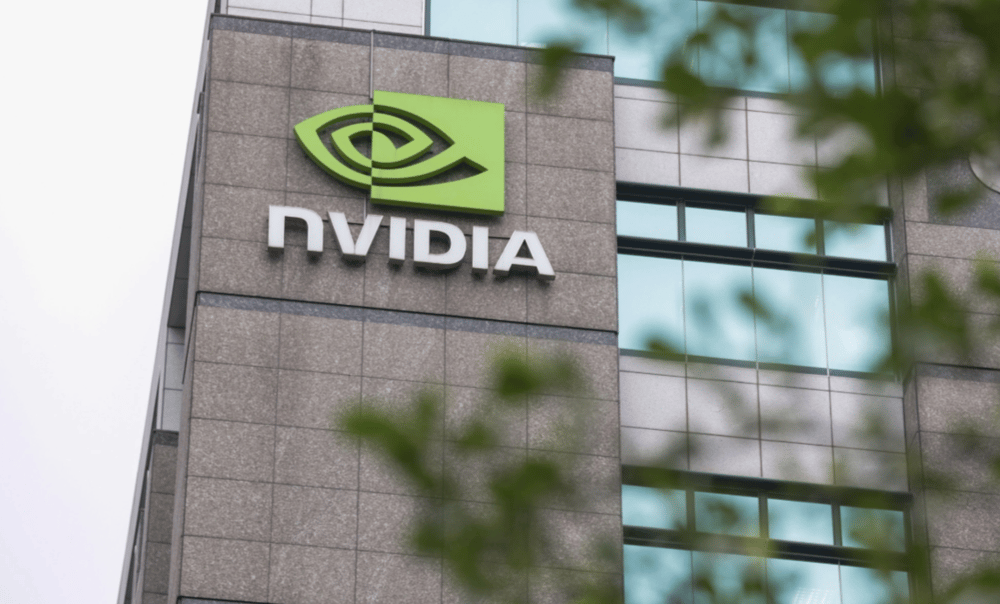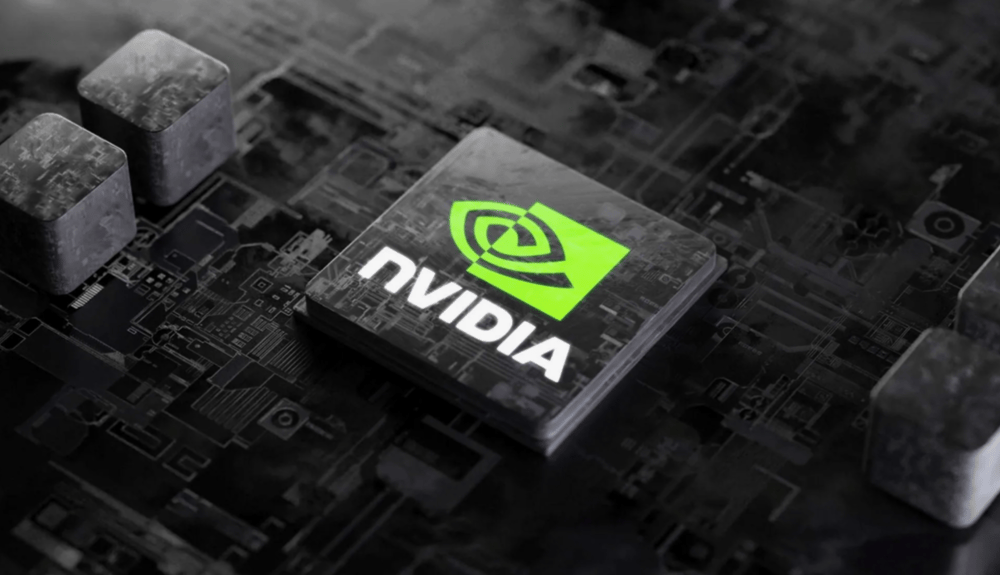Nvidia Pushes "Sovereign AI" as Europe Confronts Infrastructure Gap in USD-Driven AI Race
In a significant geopolitical and technological pivot, Nvidia $NVDA CEO Jensen Huang has brought the concept of Sovereign AI to the forefront of European digital strategy. Over the past week, Huang toured London, Paris, and Berlin, emphasizing the urgency for Europe to develop autonomous artificial intelligence systems tailored to its languages, history, and culture.
The push comes at a time when the global race for AI dominance — often denominated in USD due to U.S. leadership in hardware and large-language models — is highlighting regional disparities in compute infrastructure and model ownership. While U.S.-based hyperscalers and Chinese players accelerate AI deployment, Europe risks falling behind without strategic autonomy in foundational AI layers.
Nvidia’s Sovereign AI Vision and European Response
Huang’s “Sovereign AI” pitch focuses on enabling individual nations or economic blocs to develop customized AI ecosystems based on localized data, regulatory frameworks, and cultural context. The model is a direct response to concerns over data sovereignty, algorithmic control, and dependence on foreign cloud infrastructure.
Nvidia’s recent European tour led to new partnerships, infrastructure commitments, and potential joint ventures. Yet, it also underscored a glaring deficit: Europe lacks the computational power and AI-native infrastructure necessary to independently train and deploy frontier AI models at scale. Much of this shortfall stems from underinvestment relative to the U.S. tech sector and a fragmented digital single market.

Quick Facts: Nvidia’s Sovereign AI Push in Europe
🌍 Concept Introduced: 2023, by Nvidia CEO Jensen Huang
🏛️ European Cities Visited: London, Paris, Berlin
🤖 Core Message: Each nation needs culturally aligned, autonomous AI infrastructure
🧠 Key Barrier: Lack of European GPU and cloud capacity
🤝 New Projects: Announcements on joint AI initiatives with national institutions
🧩 Strategic Gap: Dependence on non-EU hyperscalers and U.S.-centric AI models
Market Reactions and Strategic Outlook: EU Tech Sovereignty Under Scrutiny
The announcement triggered a renewed focus among European policymakers and industry leaders on digital sovereignty. With Nvidia at the center of global AI chip production, its involvement lends credibility to the argument that sovereign AI is not only feasible but urgent.
However, critics warn that Nvidia’s framing — while commercially astute — could paradoxically reinforce dependence on U.S. hardware, particularly on Nvidia GPUs, which are integral to almost every major AI system today. While the EU has launched initiatives like GAIA-X and the European High-Performance Computing Joint Undertaking, progress has been slow compared to U.S. and Chinese AI scaling.
Private investment remains cautious. The European venture landscape lacks the hyperscale capital seen in Silicon Valley, and sovereign AI development may require state-backed funding models, akin to those used in defense or infrastructure.

Key Takeaways from the Nvidia-European Tour
"Sovereign AI" marks a paradigm shift toward national AI architectures.
Europe is significantly behind the U.S. and China in AI infrastructure capacity.
Nvidia’s strategic positioning could reinforce its dominance, even in sovereignty-driven systems.
Local AI development needs policy support, public investment, and coordinated industrial strategy.
AI sovereignty is now as much about national security as it is about innovation.
Sovereign AI Becomes Strategic Imperative as Nvidia Leads the Conversation
Nvidia’s Sovereign AI agenda is no longer a theoretical framework — it is rapidly becoming an operating principle for future AI governance in Europe. As states confront dependencies on foreign infrastructure, the push for technological self-determination is accelerating. However, Europe’s current structural gaps in compute power, talent pipelines, and VC backing make this transition a formidable challenge.
Jensen Huang’s tour has served as both a wake-up call and a commercial opportunity. While Nvidia benefits from deeper entrenchment in European markets, the long-term question is whether the EU can reclaim digital sovereignty without creating new dependencies.
The next phase of Europe’s AI trajectory will be defined not just by innovation, but by control — over data, models, and ultimately, the future of AI sovereignty in an increasingly polarized technological world.















Comments
Jensen Huang's push for Sovereign AI could redefine Europe's digital landscape and its cultural identity.
Such a move signals a pivotal shift in how automation integrates with emerging tech markets
Jensen Huang’s Sovereign AI initiative might just be the catalyst Europe needs to redefine its digital identity.